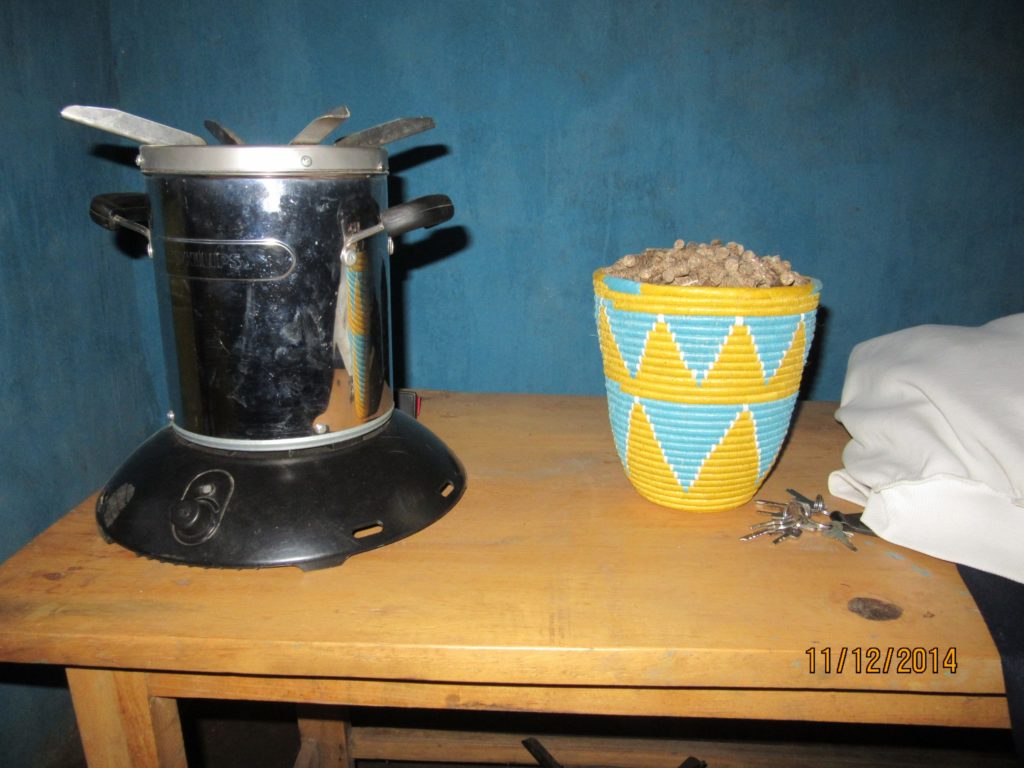People on Carolina’s bustling campus have been walking over history – literally – for two centuries.
With the discovery of pieces of English-manufactured and locally made china plates dating to the early 1800s as well as glass, brick fragments and bits of animal bones unearthed beside Vance Hall, University researchers believe they have discovered the remnants of a cellar, probably associated with a detached kitchen from a private residence on the site.
The first house built there dates to the late 1790s, said Steve Davis, associate director of the Research Laboratories of Archaeology (RLA).
RLA faculty working with teams of undergraduate and graduate students have also discovered a stone-lined drain that may be associated with a hotel that stood on the excavation site later in the 1800s, Davis said.
The research team began digging after University contractors who were preparing to install a new storm water pipe on McCorkle Place contacted them. Last month, the contractors had discovered remnants that they thought could be of archaeological interest, and the RLA group began excavating Nov. 14. They will begin analyzing the artifacts in the spring.
“UNC has supported numerous archaeological excavations across campus over the last 20 years, and small projects like this one provide important new information about the lives of people who lived, worked and studied in Chapel Hill during the University’s earliest years,” Davis said. “They also provide a convenient, yet valuable opportunity for students to participate in archaeological fieldwork, analysis and interpretation.”
The University bought the property in 1911, tore down the hotel and constructed Battle, Vance and Pettigrew halls. The dig, funded by Facilities Planning and Construction, continued for about two weeks.
[By Patty Courtright, University Gazette]
Read more at Endeavors.



